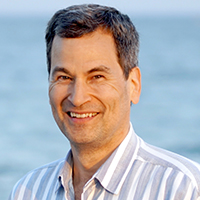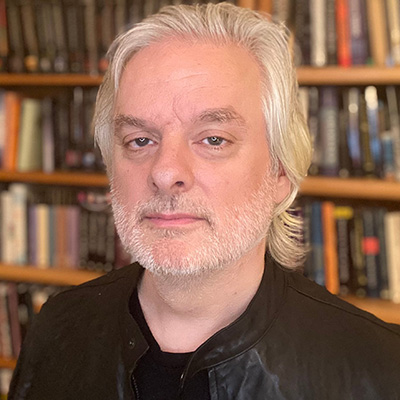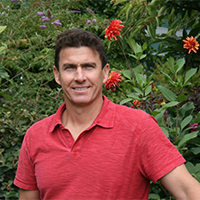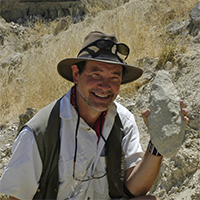We make tools. It defines us. But since the first proto-human tied a stick to a stone, tools have also been making us. Join our panel of philosophers, anthropologists, and futurists as we examine our journey from the stone age to the computer age—seeking clues about who we are, and what we are becoming. Our smartphones have become veritable appendages. How long before we literally merge with our technology? Wearables, implantables, ingestible sensors, digital telepathy, and brain-computer interfaces are all on the horizon. Join us for a fascinating glimpse of a future that is closer than you think.
The Big Ideas Series is supported in part by the John Templeton Foundation.
















